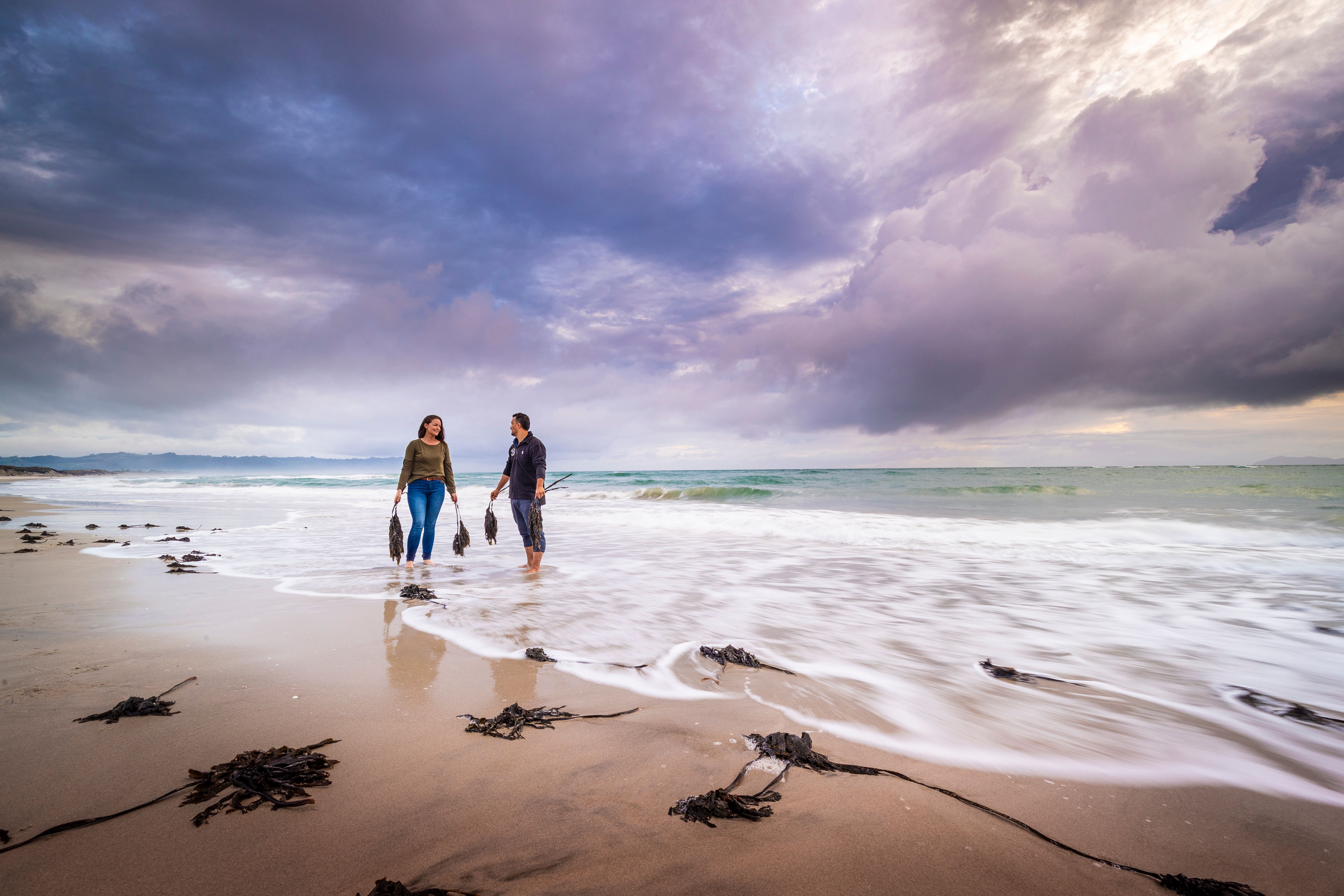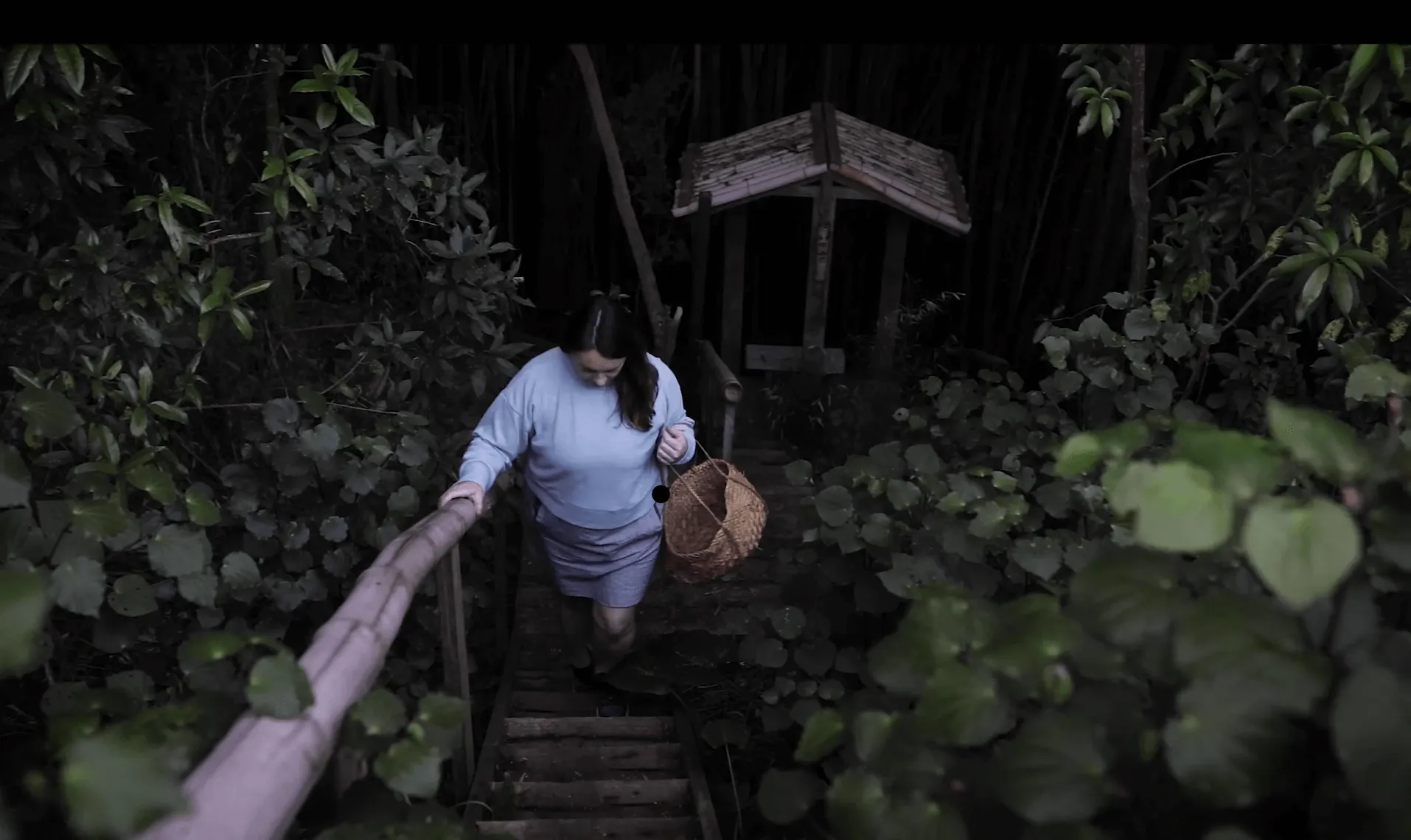
Helen Clark
Helen Clark was New Zealand’s 37th Prime Minister and went on to become the first woman to lead the United Nations Development Programme. In 2011, she was made a member of the Order of New Zealand, the country’s highest honour that is limited to just 20 living members. She is no stranger to breaking the glass ceiling and the gender barrier, and her achievements continue to be an inspiration to women all over the world.

“I believe we can dream of a world where women are equally represented at all levels of the public, private, and non-governmental sectors. But, to create that world, we must do more than dream. We must act.”
When the Labour Party won the general election in 1999, Helen Clark became New Zealand’s 37th Prime Minister. This saw her become the second woman to lead the country, and the first to take a political party to victory at an election.
Helen served three successive terms as Prime Minister, during which she held additional responsibilities as Minister for Arts, Culture and Heritage, Minister in charge of the New Zealand Security Intelligence Service, Minister responsible for the Government Communications Security Bureau, and Minister responsible for Ministerial Services.
Her leadership was marked by sustained and stable economic growth with low unemployment rates. During her tenure, significant investment was made in education, healthcare, and the wellbeing of families and older citizens. Her government prioritised the reconciliation and settlement of historical grievances with Māori, the indigenous people of New Zealand.
Helen engaged widely in policy development and advocacy across the international, economic, social and cultural spheres. Her skills in international diplomacy helped to position New Zealand as a respected and influential player on the world stage, and played a crucial role in cementing for New Zealand long-term economic links with other countries that continue to this day.
She was a vocal and passionate advocate for sustainability and tackling the urgent issues posed by climate change, believing it was important for New Zealand’s international credibility that it took these issues seriously and was prepared to act.
After 27 years in Parliament, including nine years as Prime Minister, Helen left following her party’s defeat at the 2008 election. During her maiden speech as an incoming Member of Parliament in 1982, she expressed that her:
“greatest wish is that at the end of my time in the House, I shall have contributed towards making New Zealand a better place than it is today for its people to live in”.
During her valedictory statement, she noted that she left knowing she:
“fulfilled my wish, and that I did play a part in making New Zealand a better place”.
Demonstrating her characteristic resilience and ability not to look back, Helen set her sights on the United Nations. In 2009, she became Administrator of the United Nations Development Programme (UNDP) and the first woman to lead the agency. Her role also saw her chair the United Nations Development Group, a committee consisting of the heads of all UN funds, programmes, and departments in charge of development issues.
In her eight years as Administrator over two terms, Helen oversaw the UNDP’s work providing advice, training, and grant support to developing nations to eliminate poverty and achieve sustainable economic growth and human development. Under her leadership, the UNDP was ranked as the most transparent development organisation in the world. Helen ran to be Secretary-General of the United Nations in 2016. Although she had been considered a strong contender to become the first woman to lead the organisation when she announced her candidacy, it ultimately proved to be one glass ceiling she was unable to smash through.
Speaking about the inability of a woman to yet take on the top job at the UN, Helen said:
“I think younger women have felt that the war is won, and then they see something like the Secretary-General contest, or the outcome of the election in the United States, and they think, ‘Hang on, there’s something going on here that’s standing in the way of my gender going that next step.’ I always used to say I don’t expect anyone, ever, to vote for me because I’m a woman. But I don’t expect them not to vote for me because I’m a woman. That’s where we’ve got to get to, where people can evaluate women as leaders because of their leadership skills.”
Her experience of the process to run for the UN’s top job became the subject of an observational documentary, My Year with Helen. The film followed Helen as she worked on global development issues as head of the UNDP while also campaigning for Secretary-General, all while staying in daily contact with her then 94-year-old father back in New Zealand.
In 2020, Helen was appointed by the World Health Organisation to co-chair the Independent Panel for Pandemic Preparedness and Response. The review, conducted in the wake of the COVID-19 pandemic, identified a systemic failure to protect people from COVID-19 on both national and international levels. It made recommendations for action to curb the pandemic and ensure that any future infectious disease outbreak would not become another catastrophic pandemic.
On the findings, Helen stressed the importance of learning and addressing the lessons from history, noting that we cannot count on waiting 102 years again like we did from the flu pandemic until the next pathogen.
“We are living in times when zoonotic diseases – those transferred from animal to human – are appearing much more rapidly,” she said. “It could be next month; it could be next year. We can’t mess around in getting a new system and new powers in place.”
Throughout her career, Helen Clark has shattered gender barriers in politics and business, inspiring women around the world to pursue leadership positions and challenge the status quo. Her commitment to promoting social justice and addressing issues of inequality has been a hallmark of her career, and she continues to be a strong advocate for sustainable development, climate action, and gender equality.
Explore the Legacy Project
.jpg)
Explore the Legacy Project
.jpg)
Explore the Legacy Project
.jpg)


.jpg)


